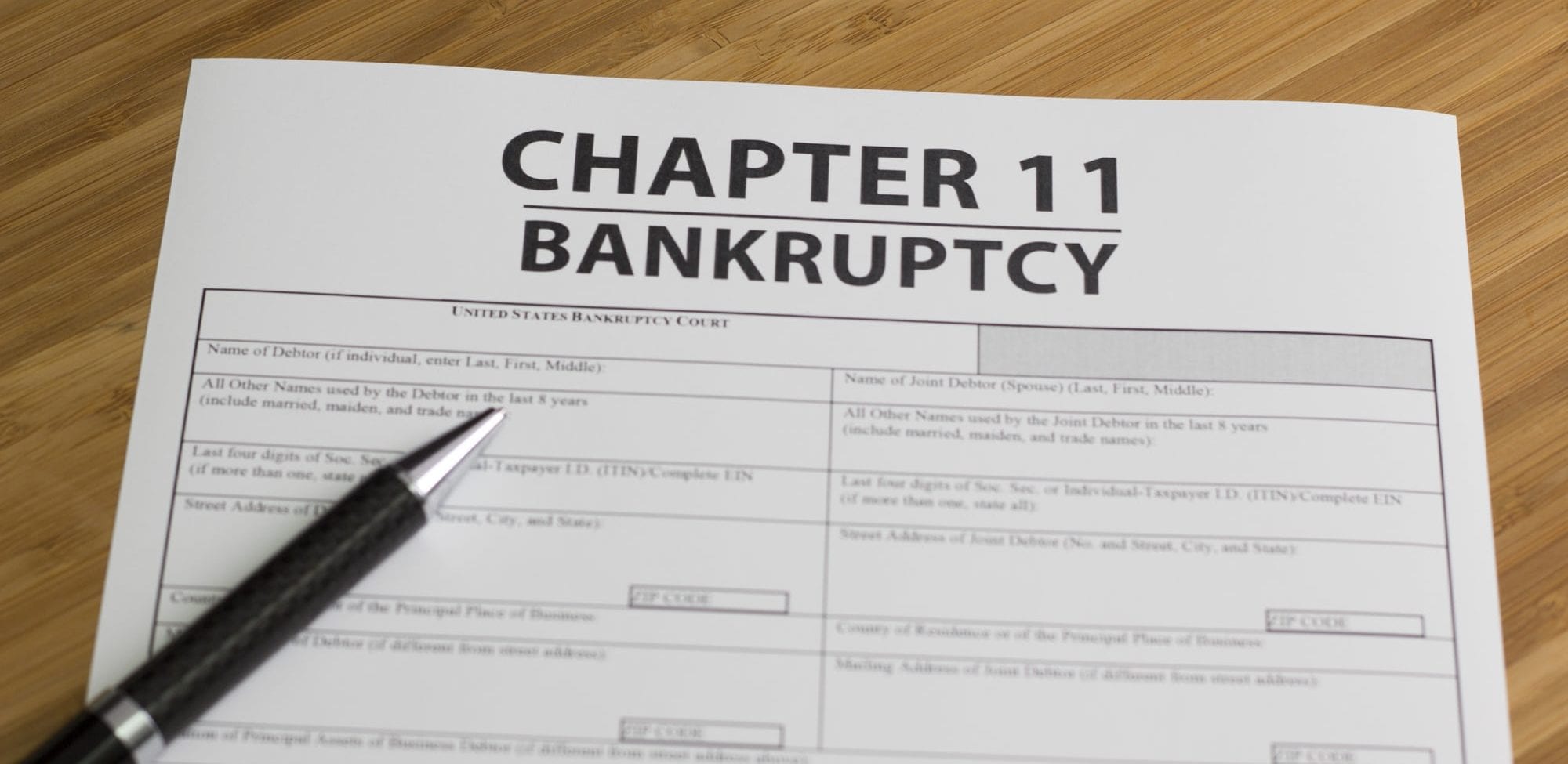Bankruptcy is a complex and often emotionally challenging process, but it can provide individuals and businesses with a fresh financial start. However, a common concern for those contemplating bankruptcy is how it may impact their credit. In this article, we’ll explore the effects of bankruptcies on credit and provide essential information to help you understand this crucial aspect of the bankruptcy process.
Understanding Bankruptcies and Credit Scores
Bankruptcy is a legal procedure that allows individuals or businesses to eliminate or repay their debts under the protection of the court. There are several types of bankruptcy, with Chapter 7 and Chapter 13 being the most common for individuals.
How Bankruptcy Affects Credit
When a bankruptcy is filed, it is recorded on your credit report and can remain there for a specified period. This has a significant impact on your credit score.
Chapter 7 Bankruptcy
In Chapter 7 bankruptcy, also known as liquidation bankruptcy, most of your unsecured debts are discharged, but your assets may be sold to pay creditors. This type of bankruptcy typically remains on your credit report for ten years.
Chapter 13 Bankruptcy
Chapter 13 bankruptcy, or reorganization bankruptcy, involves creating a repayment plan to pay off a portion of your debts over three to five years. A Chapter 13 bankruptcy will typically stay on your credit report for seven years.
Credit Score Impact
Both types of bankruptcy can result in a significant drop in your credit score. Your credit score is a numerical representation of your creditworthiness, and it’s used by lenders, landlords, and even some employers to assess your financial responsibility. Bankruptcy can cause your credit score to plummet by as much as 200 points or more.
Rebuilding Your Credit After Bankruptcy
Rebuilding your credit after bankruptcy is possible, but it takes time and effort. Here are some steps you can take:
- Obtain a Secured Credit Card: Secured credit cards require a cash deposit as collateral, making them an accessible option for those with damaged credit.
- Pay Bills on Time: Timely payments are crucial for rebuilding your credit. Paying bills, loans, and credit cards on time will demonstrate your improved financial responsibility.
- Create a Budget: Managing your finances more prudently will help you avoid future financial troubles. Create a budget and stick to it to ensure you live within your means.
- Monitor Your Credit Report: Regularly review your credit report for accuracy. Dispute any errors or inaccuracies promptly.
- Seek Professional Guidance: Consult a credit counselor or financial advisor for guidance on improving your financial health.
FAQs About Bankruptcies and Credit
1. Can I Get a Credit Card After Bankruptcy? Yes, you can obtain a credit card after bankruptcy. Secured credit cards or credit cards designed for people with poor credit are good options. However, you may have a low credit limit and higher interest rates.
2. How Long Does a Bankruptcy Stay on My Credit Report? The duration of bankruptcy on your credit report depends on the type of bankruptcy you filed. Chapter 7 bankruptcy remains on your credit report for ten years, while Chapter 13 bankruptcy stays for seven years.
3. Can I Get a Mortgage After Bankruptcy? It is possible to get a mortgage after bankruptcy, but it may be more challenging. Lenders typically prefer to see a few years of responsible financial behavior after your bankruptcy is discharged. You may also need to pay a higher interest rate.
4. Will My Credit Score Ever Fully Recover After Bankruptcy? Yes, your credit score can eventually recover after bankruptcy, but it will take time and effort. As time passes and you demonstrate responsible financial behavior, your credit score will gradually improve.
5. Can Bankruptcy Improve My Credit Score in the Long Run? Bankruptcy itself doesn’t directly improve your credit score. It’s the responsible financial behavior you exhibit after bankruptcy that leads to gradual improvement in your credit score.
Conclusion
Bankruptcies do indeed have a negative impact on your credit, but it’s not a permanent stain on your financial record. With responsible financial management, time, and a strategic approach, you can rebuild your credit and work towards a more secure financial future. If you’re considering bankruptcy, it’s essential to consult with a qualified attorney or financial advisor to explore your options and make informed decisions about your financial well-being.







